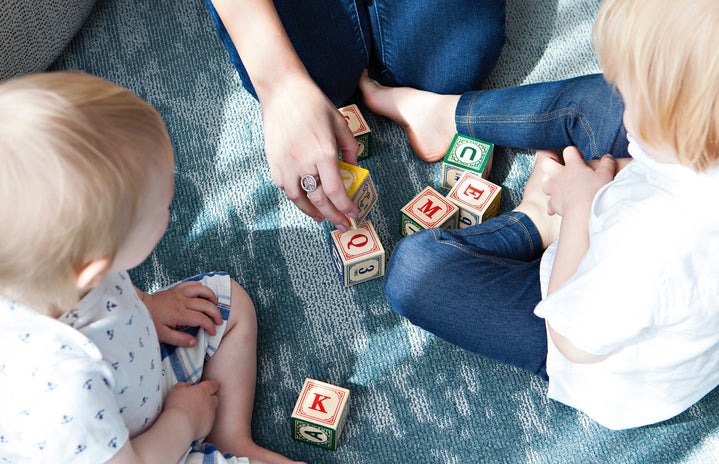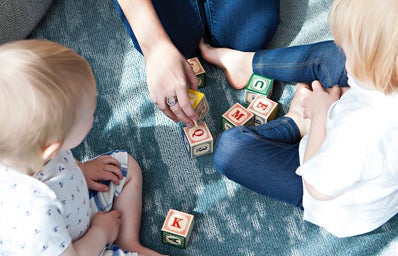Once again, Lin-Manuel Miranda strikes with the new hit Disney musical Encanto, the story of the magical Madrigal family who finds their superhuman powers in danger, as the young gift-less Mirabel unravels secrets about her mysterious uncle Bruno.
Aside from the popular songs and viral TikTok trends the show has engendered, I also find that it is extremely sensitive and intellectual in handling the issue of family and change, much in line with Lin’s skillfulness in writing about these topics, as seen in Moana too. Specifically, Encanto explores how a multigenerational family with well-established traditions, must handle threats to their long-running practices and evolve with the changing environment of their magical home Casita.
Here are several takeaways from the movie that not just children and young adults, but also older members in a family, might find resonating and applicable.
Avoidance is not the solution
Every family has something they “don’t talk about”. When Mirabel first notices cracks in their house Casita, she gets silenced and even blamed by Alma Madrigal and other family members, because the magic of Casita is so valued that it has become a sensitive topic to even bring up, let alone be questioned.
And of course, the Madrigals “don’t talk about Bruno”, because his visions have led to troubles and worries in the family, including concerns about the potential downfall of the Casita. Yet, as Lin-Manuel Miranda points out in a behind-the-lyrics interview, “We’re not supposed to talk about that… It’s all we talk about.” Dodging the topic of Bruno only brings more divide into the family, as the older generations bluntly shut down conversations, while the young, curious Maribel seeks to find out what exactly it is that they’re avoiding.
But when the cat is out of the bag and the Madrigals finally have to confront the future they’ve been dreading to discuss, their evolution as a family also begins. While not every family has a magical candle to guard, we might still have things we’re scared of, and scared to talk about with our family. For any change to take place, though, family members need to recognise that avoidance no longer serves them, and to sit in the discomfort of facing those scary problems.
Change can feel “wrong”
Traditions exist for a reason, and sometimes very good ones. For Alma Madrigal, rigid rules and hardwork are important because the magical gifts bestowed on the family are what keep the village alive, and what every Madrigal should be grateful for and constantly “earn” to deserve. And for a long time, these stressful rules worked; everyone followed their designations and worked (too) hard to support the community.
That’s why, even as each individual in the family becomes increasingly unhappy, and the Casita begins to literally crack, they still appear hesitant to change. If something worked back then, why shouldn’t it work now? What will become of them, if they let go of the deep-rooted traditions and beliefs that have shaped their identity?
I think such a dialogue can be found in many families in today’s world, where parents struggle to accept their child’s chosen profession, or gender identity, or relationship decisions, that diverge from the traditional practices of the family. The quaking Casita, then, perhaps symbolises the changing times we live in, which urges us to adapt and evolve.
The process is painful, for sure, and can feel “wrong” at times, but if families hold on to their values instead of practices — for the Madrigals, it’s retaining the love and ditching the pressure — they will undoubtedly still stand strong.
Everyone should be involved
The Madrigals, and the Casita, didn’t evolve just because Mirabel wanted to. It also couldn’t have worked if the younger family members completely abandoned the old ways, and went ahead to create something new while leaving their conflict with Alma Madrigal unaddressed. Instead, everyone in the family reflected on their mistakes, harnessed their strengths and helped to rebuild the new Casita together.
Similarly, in any family that wishes to evolve in the changing times, it’s important to get everyone on board and leave no one behind. Granted, not everyone will agree all the time; but on the grounds that you “agree to disagree”, it’s still possible to move forward with all family members feeling like they were kept in the loop. This is especially important for big decisions that will likely impact your family, such as marriages and jobs, because being left out of those decisions can bring a lot of hurt and misunderstanding.
In many of our present narratives, “family” is seen as the antithetical, or even antagonistic institution that (re)produces trauma and resists change. Lin-Manuel Miranda’s works always bring us hope that tradition and invention in a family can co-exist harmoniously, make each other better, and strengthen the bond of the family.
And that’s why I think the spirited, magical Casita house is such an apt metaphor for the evolving family: it’s like a living organism, it can suffer cracks and dangers, but with the love of each member, it can always be rebuilt into even better shape.


